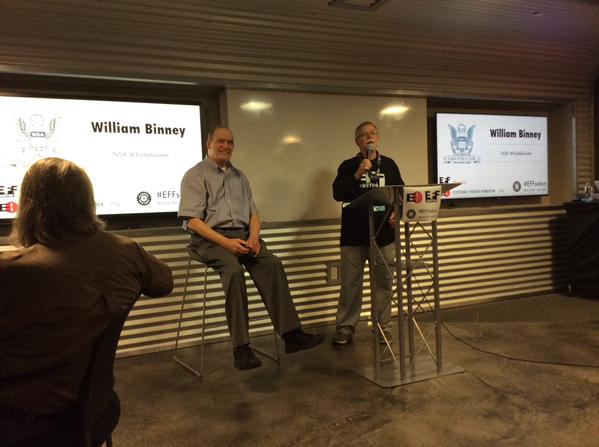In late September, the Austin Police Department (APD) aimed to identify open residential wireless access points around the city and educate their owners about the risks of providing free Internet access. The initiative, dubbed Operation Wardrive, was announced by an APD Public Information Office press release which was quickly picked up by local ABC-affiliate KVUE. Word circulated throughout the community and back to local officials, who quashed the nascent effort by APD’s Digital Analysis Response Unit (DART) prior to deployment. It remains uncertain whether the project will be restarted.
One facet of the community response to #OpWardrive was an open records request filed by EFF Austin with the City of Austin’s Communications and Public Information Office on September 21st. We made ten distinct requests for information, ranging from details about the inception and planning of the initiative, to the technologies and techniques DART intended to employ to reliably associate an omnidirectional access point signal with a particular residence in a densely populated metropolitan area.
Why did we make these requests? If the Austin Police Department gathers data about open wireless access points operated by local citizens and organizations, we think it’s important to have a full and complete understanding of both intention and process. How will this data be used? Where will it be stored? Will it be retained and mapped? Is there a surveillance aspect to this activity? IF this activity is limited in scope, as suggested by one email we acquired suggesting that the wardrive would be only one time for a few hours, what is the target area, and why was it selected?
As compared to other states, Texas has admirable Open Records laws defined in Chapter 552 of the Texas Government Code. Conforming with § 552.301(b), the City of Austin (CoA) responded to our request on October 5th (within 10 business days) providing a handful of documents responsive to our inquiry while simultaneously requesting a decision from the Office of the Attorney General (OAG) on the disclosure of additional records.
Operation Wardrive Open Records Request – City of Austin Response (Oct 5, 2011) – Letters
The documents withheld are alleged to fall under the protection of the attorney-client privilege (§ 552.107(1)) or potentially interfere with law enforcement and crime prevention efforts (§ 552.108(b)(1)). The documents provided to EFF Austin included emails discussing the Operation Wardrive press release and a heavily redacted document detailing APD DART’s Standard Operating Procedures (SOP).
Operation Wardrive Open Records Request – City of Austin Response (Oct 5, 2011) – Records
The Texas Attorney General had 45 business days to issue a ruling on the CoA’s request, and dutifully responded on December 13th (EFF Austin opted not to exercise its right to comment in support of the release of the requested materials as described in § 552.304). The Office of the Attorney General concurred with the City of Austin concerning records protected by attorney-client privilege, but did not entirely agree with the assertion that the remaining documents could be withheld for fear of disrupting law enforcement efforts. The remaining documents include an “operational briefing” and the redacted sections of the SOP (with the exception of the cellular phone numbers of DART detectives, which are wisely protected pursuant to Open Records Decision 506 at 2 (1988)).
Operation Wardrive Open Records Request – Attorney General Response (Dec 13, 2011)
The City of Austin now has ten calendar days to either provide the requested information or access to it, or contest the OAG’s decision in court. We’ll post updates as the story unfolds.




